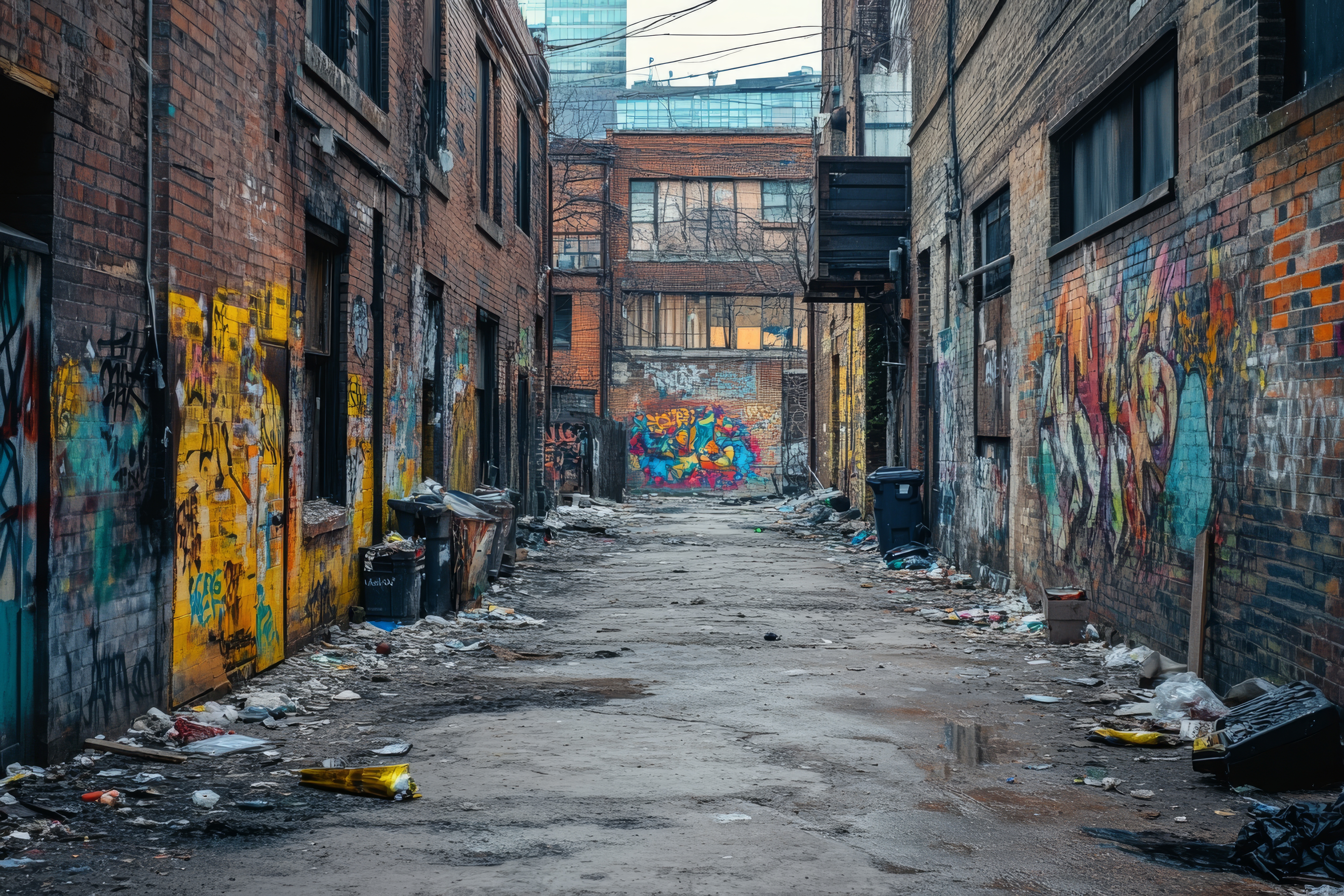
Charitable purposes under IRC Section 501(c)(3) include the promotion of social welfare by organizations designed to combat community deterioration and juvenile delinquency. The IRS Exempt Organizations Technical Guide: TG 3-3 Exempt Purpose, Charitable IRC 501(c)(3) (rev. 3/20/23) provides the following description:
“Organizations combating community deterioration in a charitable manner provide economic development activities in which the good received by the general public outweighs the private benefit afforded to the beneficiaries.”
“This community involvement includes remedial action to eliminate the physical, economic, and social causes of such deterioration. Organizations that combat community deterioration typically convert deteriorated properties or blighted land into economically useful structures for individuals in need.”
“Activities of organizations whose primary purpose is combating community deterioration may include:
a. Housing assistance
b. Economic development
c. Historic preservation
d. Prevention of deterioration
e. Planning and enforcement”
“To be charitable, the benefits of the organization’s activities must flow principally to the general public. Any private benefit should be incidental to the exempt purposes.”
In a 1981 EO CPE Text (Private Benefit, Inurement, and Combatting Community Deterioration), the IRS provides:
In assessing an organization formed to promote social welfare under section 501(c)(3) by engaging in activities that combat community deterioration, it is important to examine the purposes and activities of the organization as well as the manner in which these activities will be carried out.
The EO CPE Text uses examples to show that an organization’s focus on an area of a city where the median income is lower than other sections and where the housing is old and deteriorated evidences a charitable purpose even if some moderate income families benefit or some industrial tenants receive favorable rates, particularly where the organization hires and trains people from this economically depressed area. But the benefit to the moderate income families and industrial tenants must be incidental to furthering the charitable purpose of combating community deterioration.
Economically Depressed
If a community lacks any essential services or is one that has been identified by any state or Federal agency as an economically disadvantaged area, it may be a candidate for charitable services to combat community deterioration. GCM 35007 provides:
We believe the presence of certain factors including the existence of substandard living conditions such as the lack of adequate housing, chronic levels of high unemployment and under-employment, lack of economic opportunity and capital caused by discriminatory business and lending practices, the absence or inadequacy of ordinary community services, and the identification by governmental agencies of the particular area as one that is economically disadvantaged, are sufficient to justify the conclusion that organizations assisting such communities or their residents may qualify for exempt charitable status as organizations combating community deterioration or as organizations relieving the poor and distressed.
Environment
Rev. Rul. 68-14 provides that the overall effect of (1) planting trees in public areas and assisting local government programs to keep the city clean, (2) educating the public in the advantages of street planting, and (3) encouraging architects and builders to include planting with new building and remodeling projects is to combat community deterioration.
Rev. Rul. 72-560 describes an organization that educates the public on environmental problems caused by solid waste pollution and on the advantages of recycling and that also provides facilities for the collection of certain materials for recycling. The Revenue Ruling concludes that the recycling program is a key element in the organization’s efforts to combat environmental and community deterioration since it prevents the pollution of the environment caused by the usual disposition of these materials.
Rev. Rul. 80-278 deals with an organization that institutes and maintains environmental litigation as a party plaintiff to enforce environmental laws and further its exempt purpose of protecting and restoring environmental quality. The CPE Text referenced above referred to this Revenue Ruling as among those that demonstrate the wide variety of activities encompassed in the phrase “to combat community deterioration.”
Related Charitable Purposes
Charitable purposes also include the promotion of social welfare by organizations that conduct activities to: